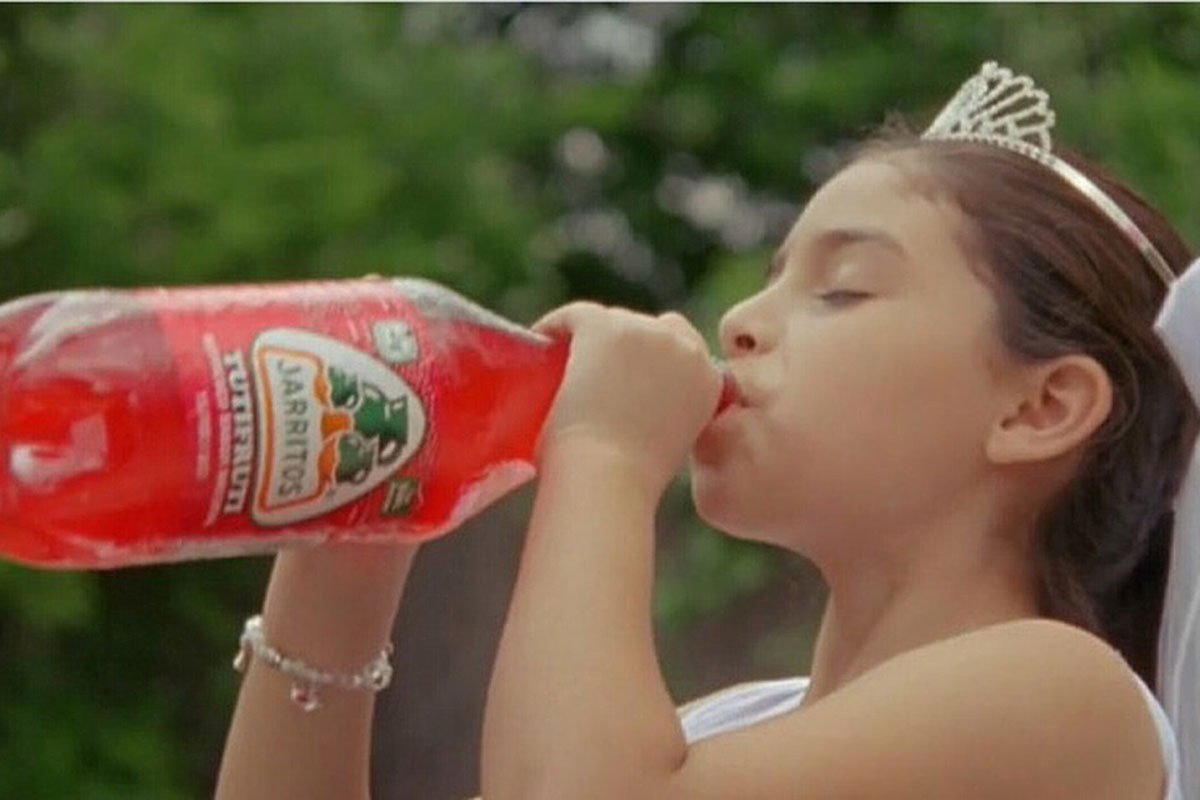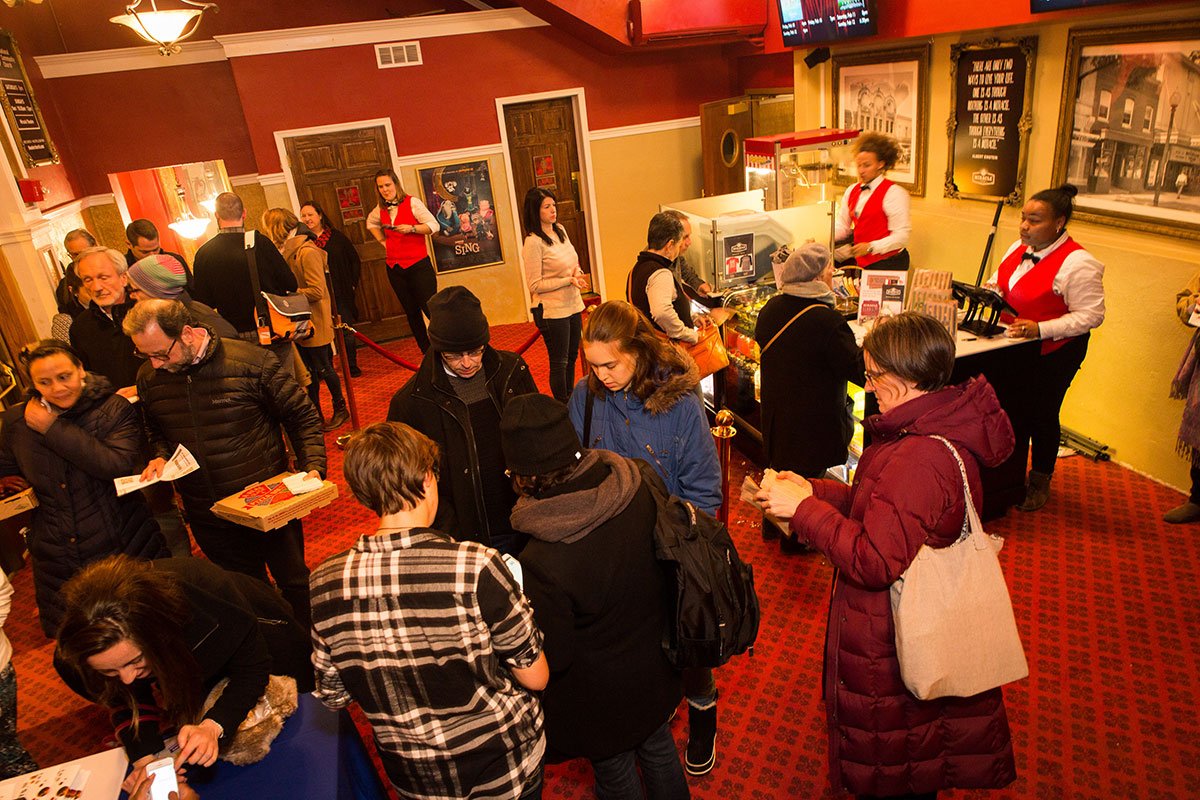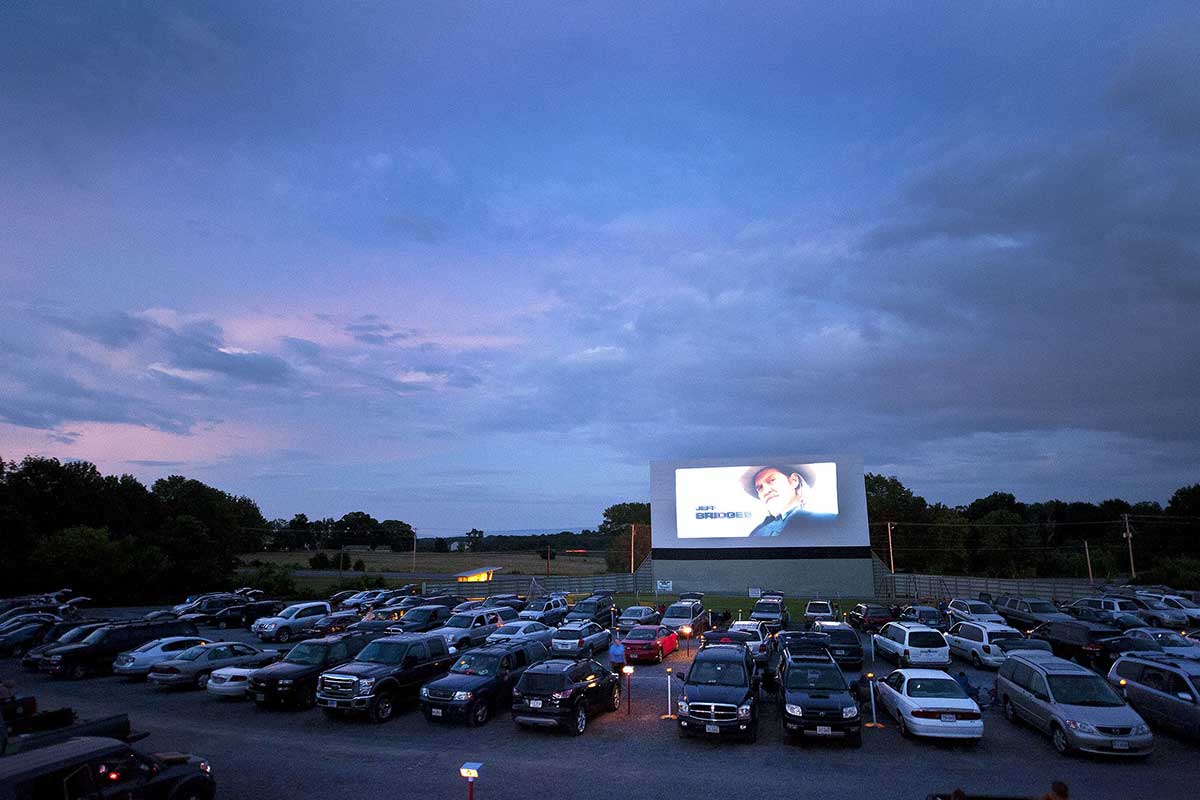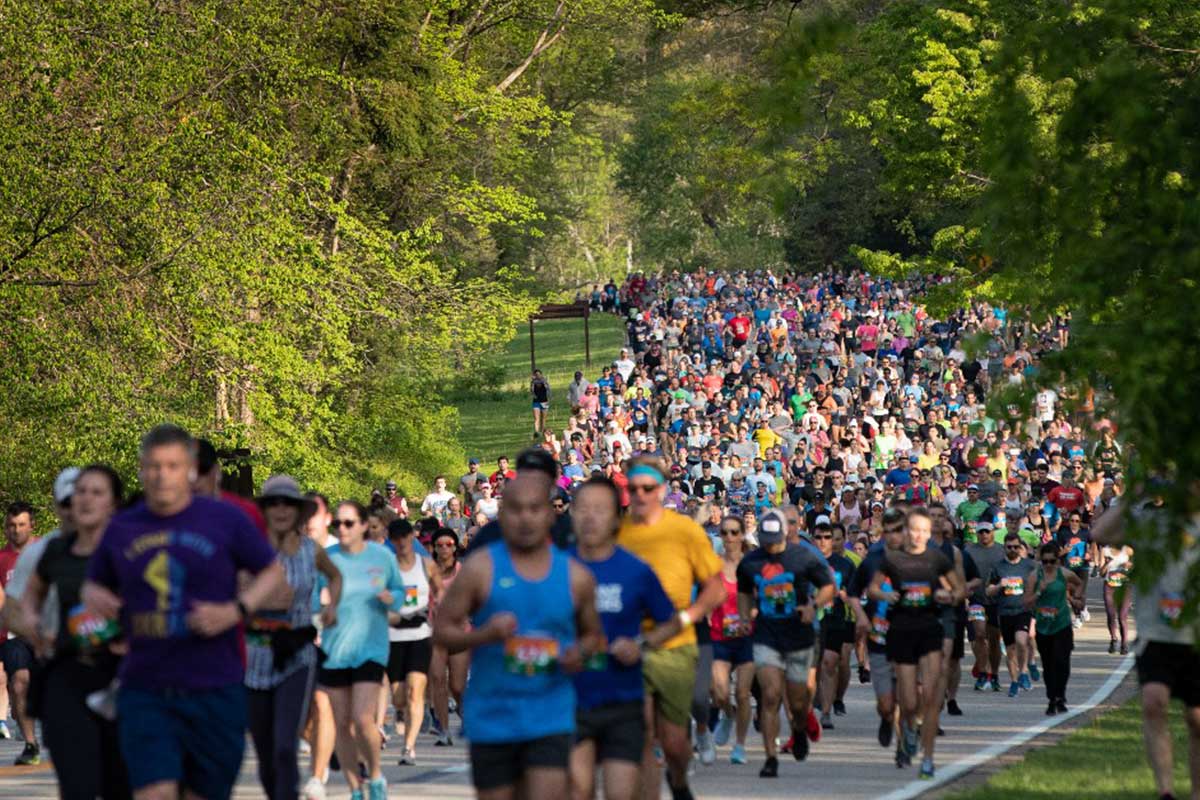
“Stay perfect,” says an 8-year-old girl’s mother on the day of her first Communion as she embraces her daughter before a bathroom mirror. Moments later, her daughter sits on a crate outside a convenience store in her pristine white dress and veil with junk food and a packet of Sharpies, ready to don her first tattoo.
It’s a relatable moment for every young girl: that first moral fork in the road as you realize your own independence, explored with humor and honesty in the short film These Colors Don’t Run.
From Sept. 7-17, the DC Shorts Film Festival and Screenplay Competition will screen over 170 films chosen from more than 1,500 submissions by both local and international filmmakers. The festival was founded in 2003 as a way to step outside the parameters of a typical film festival.
“The founder, Jon Gann, was a filmmaker himself who traveled to festivals and just found that the experience was sort of cold, and then quite often, short films were an afterthought. And he thought … ‘I want to create a film festival where we champion short filmmakers,'” says DC Shorts programming director Joe Bilancio.
The festival, with two screening locations in D.C., is rich in programming for filmmakers, including workshops and networking opportunities. Films are bundled into showcases with one connective theme, such as LGBT shorts and animated films. A free family showcase airs films at seven D.C. libraries, and parents can download an online guide before attending to help navigate conversations with their children about the films.
Joe Dzikiewicz, one of 10 Northern Virginia filmmakers featured in the festival, directed a film that is particularly relevant this year with the 100th anniversary of protests by the Silent Sentinels, a group of suffragists led by Alice Paul and Lucy Burns who quietly picketed outside the White House (the first group to do so) for months starting in January 1917. Thirty-three of the women were notably jailed and tortured at the Occoquan Workhouse on the Night of Terror on Nov. 14, 1917. Silent Sentinel centers on the night when suffragist Doris Stevens sneaked through a graveyard at night to visit Paul at a District prison, where she was jailed for seven months and force-fed.
“The interesting thing was it was playing with all of these horror movie tropes of the lone woman sneaking through the graveyard in terror, while meanwhile she’s going to this place where this woman is being held in prison and basically being tortured,” says Dzikiewicz, a software developer by trade from Fairfax County who went into filmmaking about four years ago and honed his craft with classes at Arlington Independent Media, DC Shorts workshops and online.
Silent Sentinel first premiered at the festival last year as a finalist in its screenwriting competition, which celebrates a handful of scripts with a public performance and the chance to win a $2,000 prize. Four of this year’s six selections are written by Metro D.C.-area filmmakers.
A participant in Sundance’s selective Latino Screenwriting Project, Via Bia is an Arlington filmmaker with a background in restorative justice who gleaned early lessons from Screenwriting for Dummies. One of her feature-length scripts, The Radish Baby, a film about a childless garnish chef who parents an anthropomorphic vegetable to deal with the memory of an abusive dad, won the 2015 Virginia Screenwriting Competition. “I think a lot about memory and how it still affects us now, and I think a lot about culture and gender reference points,” Bia says.
These Colors Don’t Run screens at DC Shorts this year and tells the story of a Mexican-American woman recalling the experience of her first (nonpermanent) tattoo, self-drawn on the day of her first Communion and much to the chagrin of her mother. Bia traveled to Austin, Texas, for filming, hiring local actors and spending about $20,000 to create the film.
“I grew up in a religiously strict family, and there were a million different things I could do at any given time that would screw things up,” Bia says. “And I think on a certain level for me growing up also Latina, there is this extra layer of really trying to—at least when I grew up, maybe things are getting a little bit more open—fit in, be a good person, don’t do anything that makes you stick out, do what society expects of you to the best of your ability.”
Films are screened at E Street Cinema and the Miracle Theatre in the District, but for those who can’t make it into the city, more than 80 festival films can be seen from a web browser with a $30 online access pass or as part of the all-access pass.





